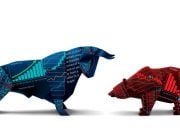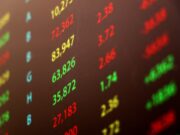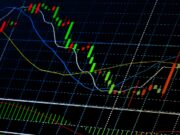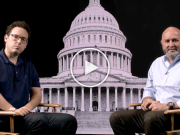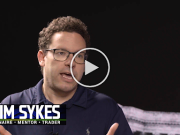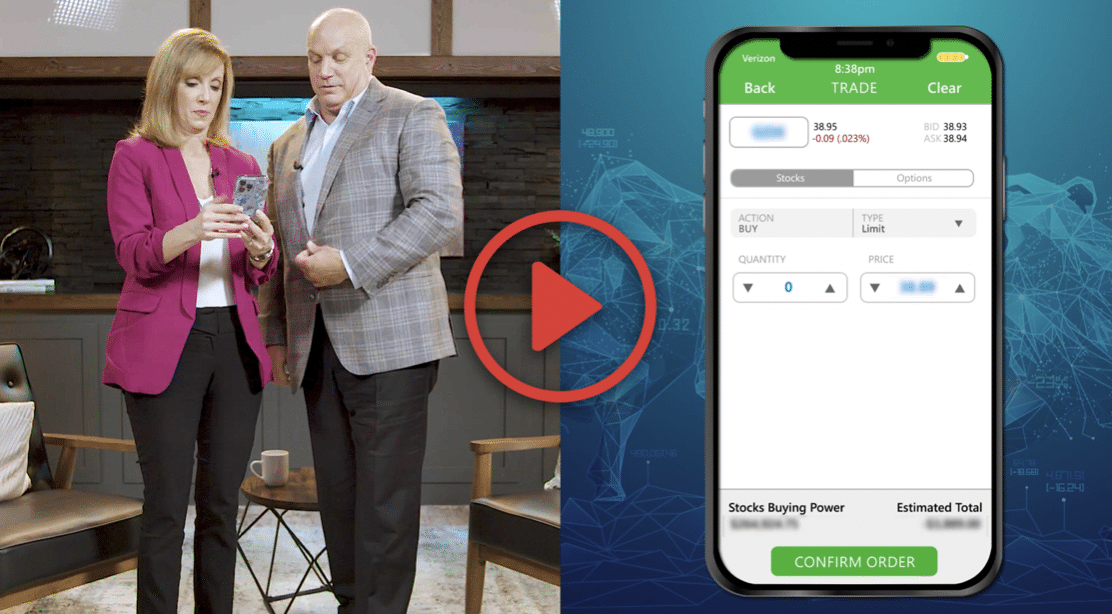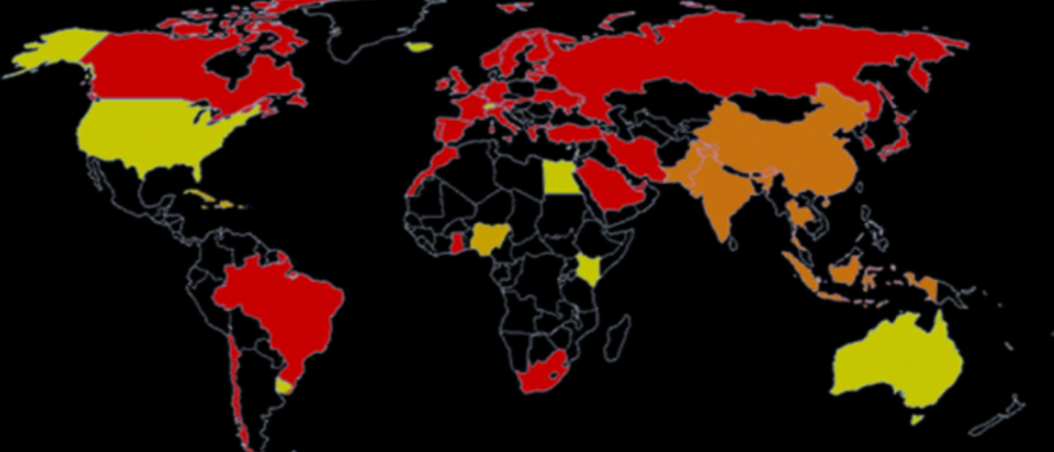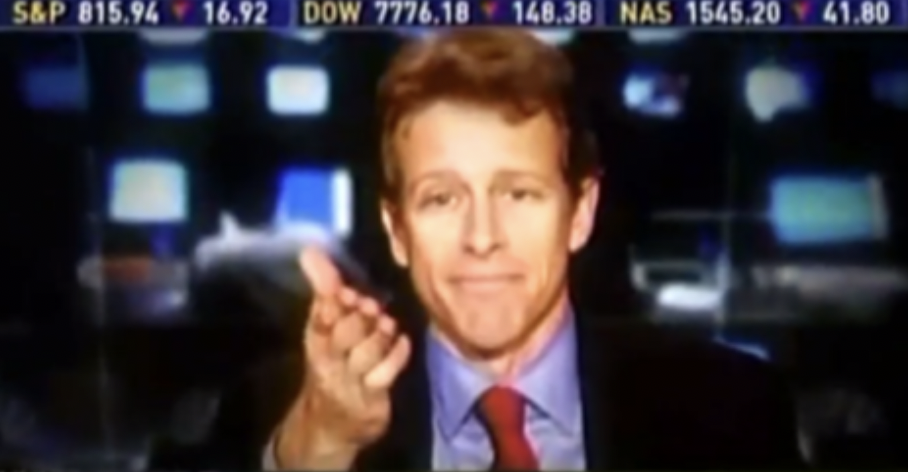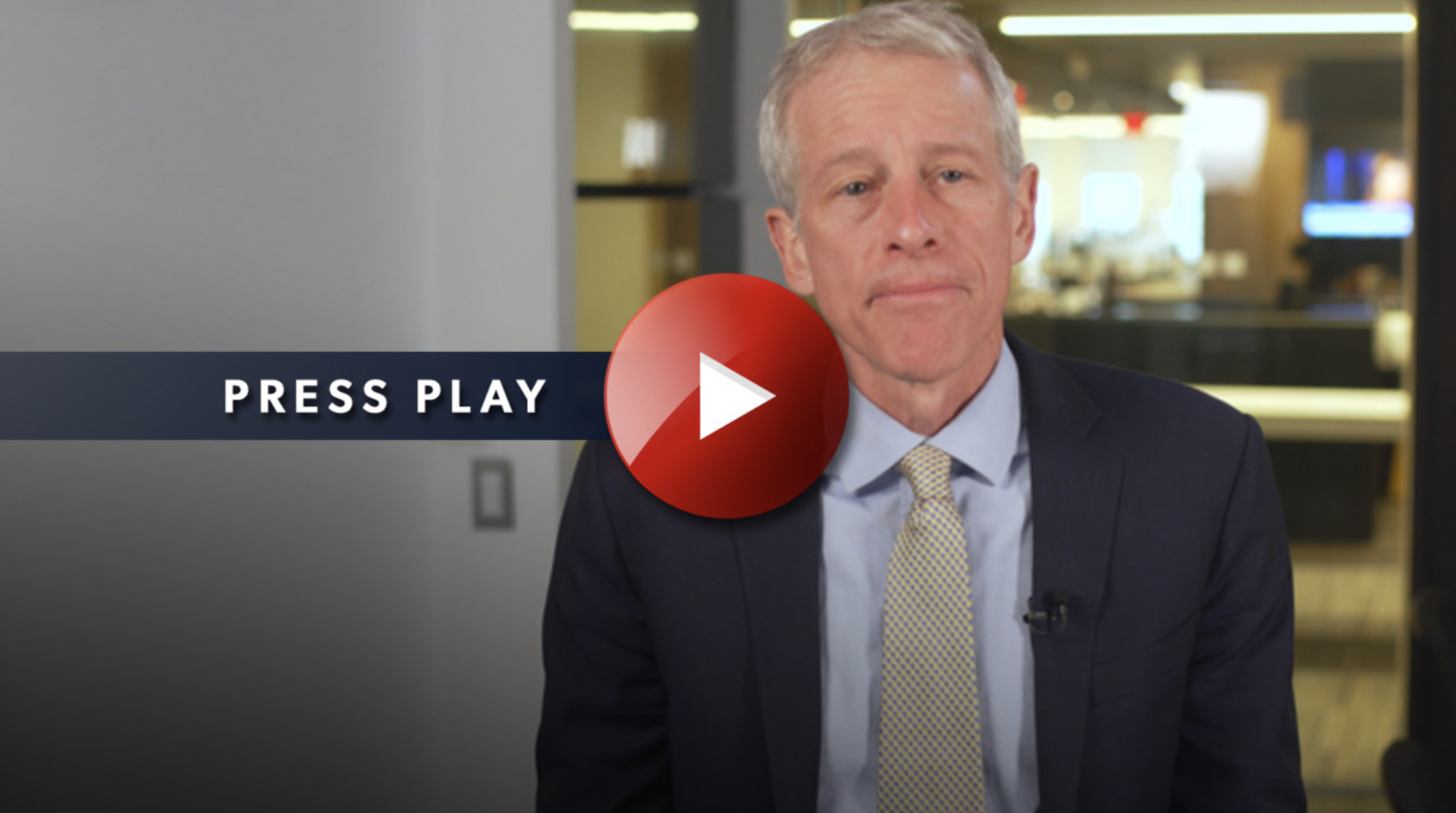With the Federal Reserve tightening its monetary policy to combat inflation and equity markets responding with volatility, many investors are seeking companies from defensive sectors with a reputation for being resilient during times of economic weakness.
Companies that operate in industries like health care, utilities, and consumer staples are known to hold up well during economic downturns because their offerings are needed in all phases of the business cycle. But not all stocks from the main defensive sectors are a buy right now. This article will discuss three tickers that offer reliable earnings and dividend payouts backed by fortified balance sheets.
Traditionally one of the most stable and recession-resistant sectors, everyone needs healthcare at some point regardless of income status. “The defensive aspects of the sector, while not fully appreciated at times over the past few years, is beginning to kick-in in a rather meaningful way,” said Jared Holz, a healthcare strategist at Oppenheimer.
A name offering defensive growth from the desirable sector currently is UnitedHealth Group (UNH). As the most significant health insurance company by market cap and market share, UNH’s size gives it built-in advantages over peers in the group.
Despite the market slowdown this year, UNH’s share price is up more than 4%, outperforming its peers and the broader market. The Health Care Select Sector SPDR Fund (XLV) is down nearly 9% YTD, while the S&P 500 has shed more than 17%.
UnitedHealth reported double-digit revenue growth for 2021. Full-year revenue was listed at $287.6 billion, up 11.8% yearly. Full-year EPS increased from $16.03 in 2020 to $18.08. The company expects annual 2022 revenue of between $317 and $320 billion, the median of which implies an 11% upside year over year. UNH forecasts 2022 EPS of $20.20 to $20.50.
Momentum should be supported in the coming years thanks to UNH’s strong market position and attractive core business. Its international business expansion provides substantial diversification benefits and shields against the impact of tightening U.S. regulations while allowing the Dow giant to tap into the $8.3 trillion spent annually on global healthcare.
UnitedHealth has a solid history of rewarding investors with a steady paycheck. The company went to a quarterly dividend in 2010 and, since then, has increased its dividend every year. That includes a 16% bump last year to $1.45 a share, which works out to a yield of 1.10% at its current price. UNH’s payout has increased 31% over the past five years, and the stock has a 5-year annualized dividend growth rate of 17.18%. The stock looks like a value at about 27 times earnings, compared to the healthcare industry, where the average P/E is around 37.
Morningstar analysts say higher consumer spending, supply constraints, and higher energy prices that are driving inflation should be short-lived. “If interest rates can hit a sweet spot that tames inflation without alienating income investors, utilities are well positioned to produce another year of 7% to 9% total returns, given attractive dividend yields and infrastructure growth,” they say.
Utilities giant and prospective 2022 winner Exelon (EXC) has a market cap of $52 billion and is one of the top five publicly traded utility stocks in the U.S.
EXC touches roughly 10 million customers across the U.S. through an extensive network of power plants ranging from fossil fuel facilities to hydroelectric dams. The unmatched scale of Exelon’s reach provides a solid foundation for EXC shares. In fact, shares are up more than 41% over the past twelve months to outperform the broader S&P, which is up 13% for the same period.
EXC boasts a healthy 2.9% dividend yield backed up by a conservative payout ratio in the 65-75% range over the past five years. The stock also garners a Buy rating from the Wall Street pros offering recommendations.
No matter how inflated prices get, consumers will still need to purchase everyday essentials. Hence stocks from the consumer staples sector often come to mind for investors looking for a safe place.
Membership-only big-box retail giant Costco (COST) is the go-to when consumers want to buy in bulk. Over the past year, COST share price has risen 59%, outperforming its retail peers, evidenced by the performance of the SPDR S&P Retail ETF (XRT), which has dropped 18% over the same period. Costco also has tremendously reliable cash flow when compared with other retailers. Consider that with some 67 million paid memberships at roughly $60 per pop in annual dues. COST also enjoys a robust $4 billion in annual sales rolling in simply from renewals.
Costco currently boasts a 92% renewal rate for its 114.8 million-and-growing base of cardholders. In the latest quarter, the company sustained strong 16% sales growth and grew net income by 37%. Same-store sales of 14.4% were impressive, especially as the company lapped its stellar pandemic performance.
At 42.5x forward earnings, COST is trading at a premium, but considering the upside potential based on projected membership cost increases, the high price could prove well worth it. Costco has a history of raising membership fees every five years. The last fee increase was in June 2017. If it sticks to its historical pattern, a membership fee increase could come in the second half of 2022.
Should you invest in Costco right now?
Before you consider buying Costco, you'll want to see this.
Investing legend, Keith Kohl just revealed his #1 stock for 2022...
And it's not Costco.
Jeff Bezos, Peter Thiel, and the Rockefellers are betting a colossal nine figures on this tiny company that trades publicly for $5.
Keith say’s he thinks investors will be able to turn a small $50 stake into $150,000.
Find that to be extraordinary?
Click here to watch his presentation, and decide for yourself...
But you have to act now, because a catalyst coming in a few weeks is set to take this company mainstream... And by then, it could be too late.
Click here to find out the name and ticker of Keith's #1 pick...


